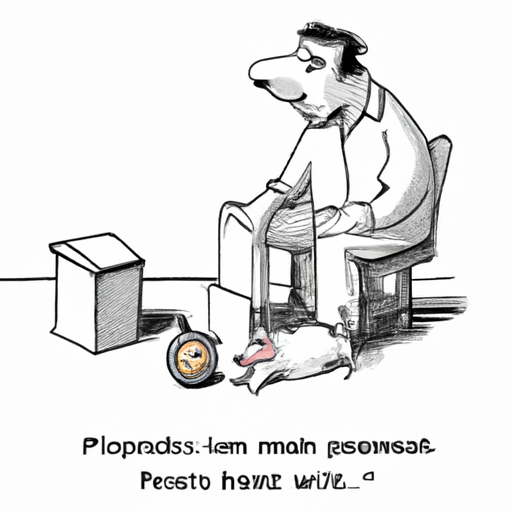“`markdown
How Long Does It Take for Symptoms of Rat Poison in Dogs
Understanding the Threat
As a caregiver, your dog’s safety is paramount. It’s critical to know that rat poison can be a fatal hazard, even in small amounts. Rat poison works by disrupting the body’s ability to recycle vitamin K, causing internal bleeding. It takes 2-3 days for symptoms to appear, which can include weakness, blood in the stool or urine, and breathing difficulties.
What to Do If Your Dog Ingests Rat Poison
- Stay Calm: This is easier said than done, but your dog needs you to be level-headed.
- Remove the Poison: If you catch your dog in the act, take away any remaining poison.
- Contact a Vet: Immediately call your vet or a pet poison helpline. They can provide guidance based on your dog’s weight and the type of poison ingested.
Symptoms to Look Out For
The symptoms of rat poison in dogs often mimic other health issues, making it difficult to diagnose.
- Weakness: This can manifest itself as a lack of appetite or an unwillingness to play.
- Bleeding: Look out for blood in the stool, urine or gums.
- Breathing Difficulties: Fast or heavy breathing could be a sign of internal bleeding.
Prevention is Better Than Cure
Preventing exposure to rat poison is always the best course of action.
- Securely store all rodenticides: Keep these out of reach of curious noses.
- Consider alternatives: Today, many alternatives to poison exist, such as traps or natural deterrents.
FAQ’s
Q: What if I’m not sure my dog ingested rat poison?
A: If you’re unsure, it’s always best to seek veterinary advice.
Q: My dog seems fine, but I found an empty rat poison packet. What should I do?
A: Contact a vet immediately. Symptoms can take 2-3 days to appear.
Q: Can a dog survive ingesting rat poison?
A: With quick and appropriate treatment, many dogs can fully recover.
Q: Can my dog become sick from eating a rat that consumed poison?
A: Yes, this is known as secondary poisoning. It’s less common but can still be dangerous.
Remember, as a caregiver, you hold your pet’s life in your hands. Stay educated, vigilant, and always prioritize their safety.
“`



